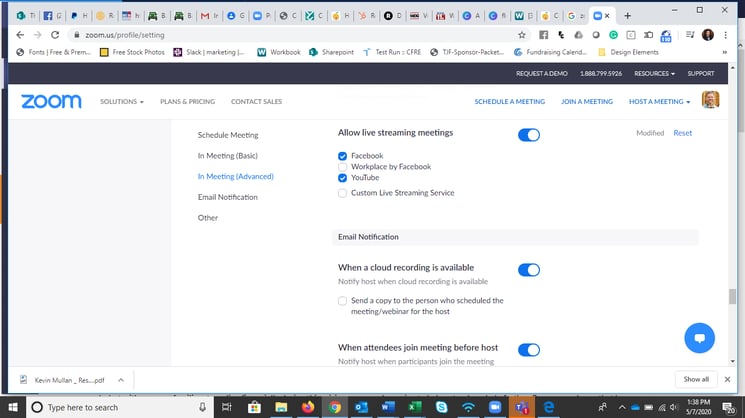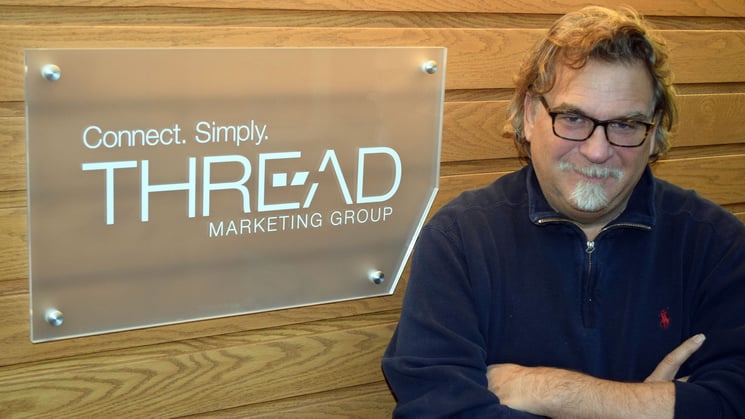As the coronavirus pandemic continues to impact companies, schools, and individuals, it has also changed the summer, work, and school plans of college students throughout the country. Students already had to accept the unfortunate news that they wouldn’t be finishing their spring semesters as planned and that they wouldn’t be having the summer they expected, and now they will need to learn how to face the unique challenges and excel under the new guidelines and restrictions for this upcoming school year.











